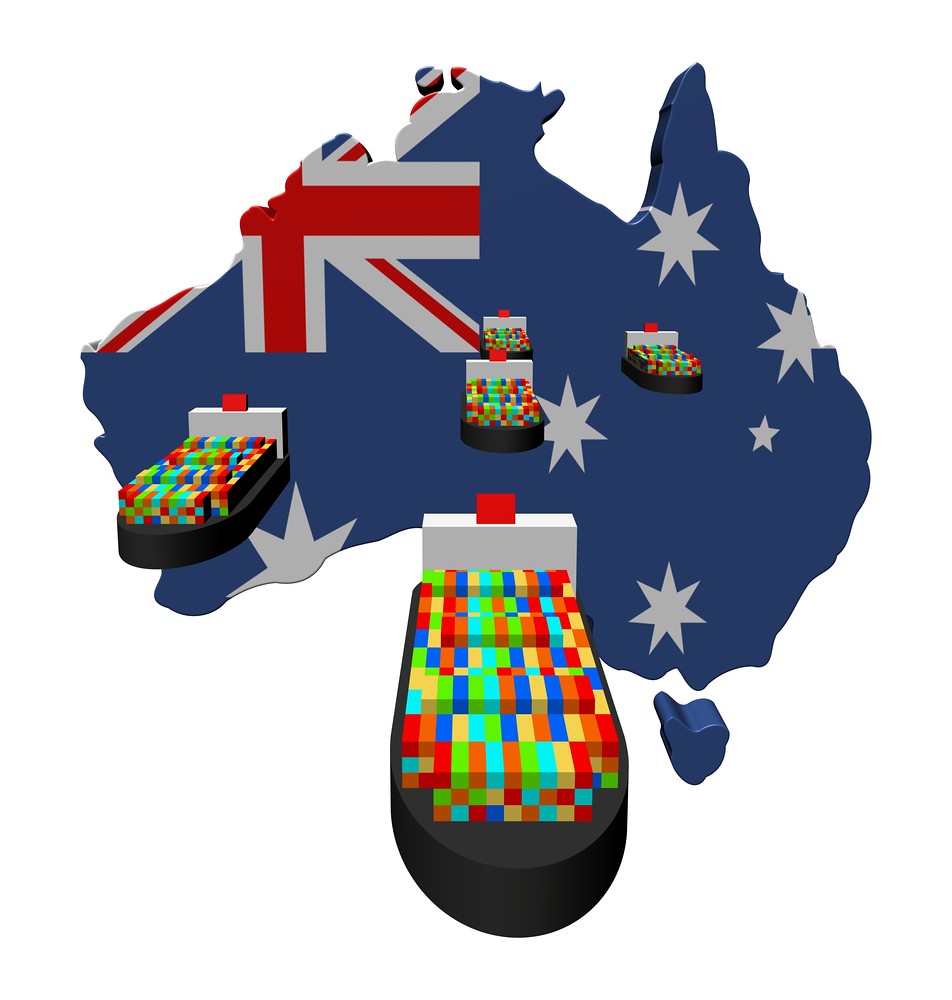



AHDB explores impact of UK-Australia free trade agreement
The agreement is the first negotiated from scratchIn its latest Horizon report, Britain's Agriculture and Horticulture Development Board (AHDB) assesses the potential impact of a new trade deal with Australia.
The new report offers an in-depth analysis of Australian agricultural production and trade, and assesses its potential competitiveness in the UK marketplace. It also outlines possible opportunities for UK agri-food products in the Australian market.
The report is aimed at farmers, growers, policymakers and other agri-food stakeholders, as they plan for the future.
“Trade deals always cause a great deal of debate, with predictions of either untold benefits or devastating impacts," said David Swales, AHDB Head of Strategic Insight. "Here at AHDB, we wanted to cut through the speculation and provide evidence-based analysis on the opportunities and risks for our industry.”
Due to the size and scale of Australian agriculture, there is limited scope for UK producers to compete at the commodity level
The report's authors believe markets will remain unchanged in the short term. This is due, in part, to more lucrative opportunities and market expansion close to home.

The report does, however, highlight several risks. For the lamb sector, the model used makes the assumption that Australia prefers to trade with China. However, if Australia were to lose their corner in that market, product could emerge in the global market, which could undercut the domestic market in the UK. As the report points out, the UK has a highly developed, high-income market, which only increases its attractiveness as a destination for Australian lamb.
Australian beef imports are likely to be in the form of higher value cuts for the food service sector, the report states. If this happens, demand, and therefore domestic prices, are likely to be impacted. The forecasted expansion of the Australian cattle herd represents a real risk to the UK market. Despite extreme weather variation in Australia, and oversupplied market could lead to further imports than the model predicts.
As Australia is a net importer of cheese, a UK-Australia trade deal offers opportunity for UK exporters when prices are favourable. However, the model does consider Australian weather, which can create market fluctuations in terms of supply and demand.
“Farmers and producers need to prepare for this period of change, which is occurring against the backdrop of our own structural change in farm policy, to enable the UK to compete in a more global setting," said Swales. "Australia might be the first new trade deal the UK negotiated but it certainly won’t be the last.”


